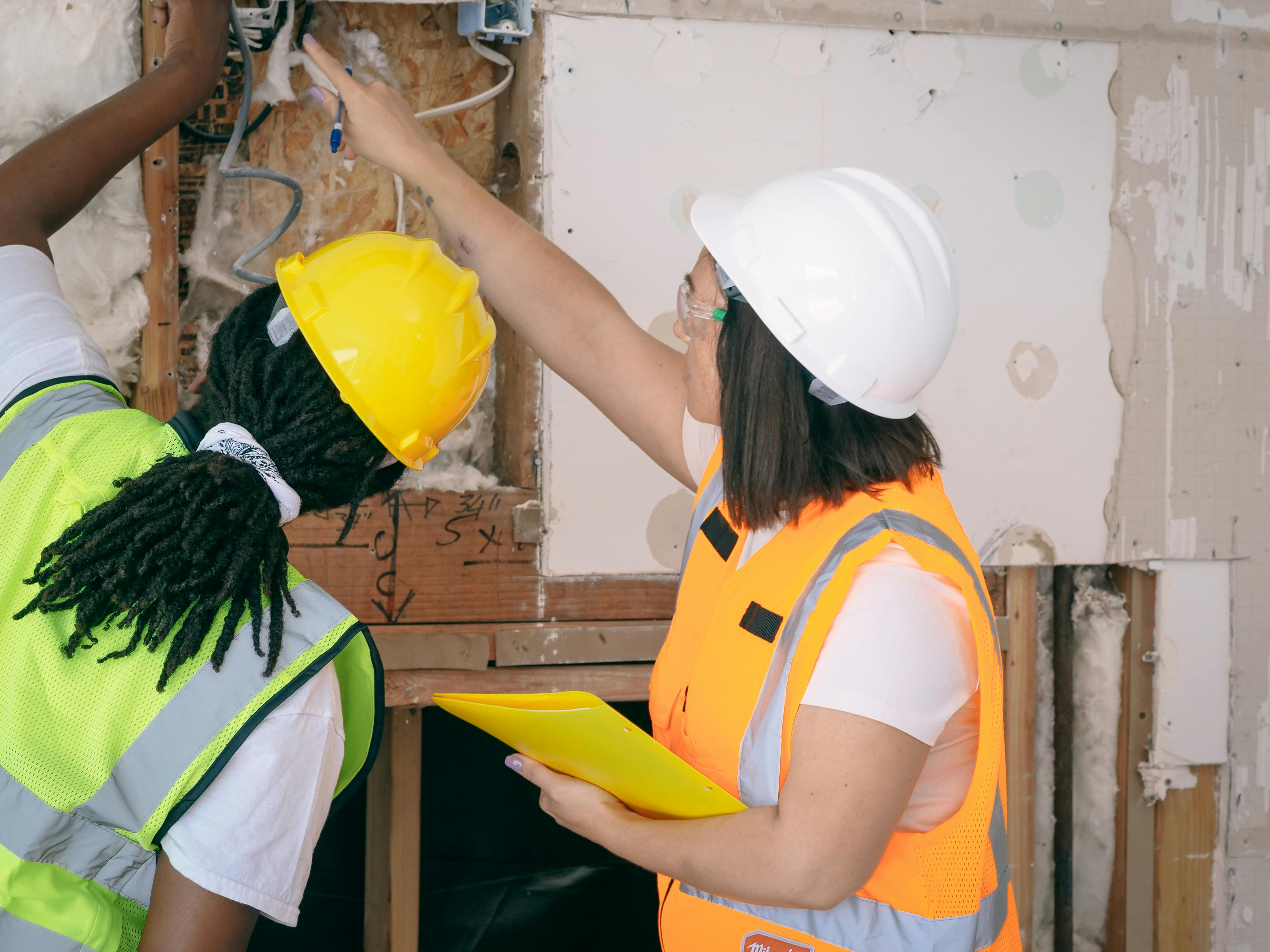
After relocating, you may need help figuring out what to do with the old home. Generally, you’ll have two options to consider. One option is to sell it. However, you may only want to consider this option if you are sure of getting an optimal value.
The other option would be to convert it into a rental property. This can be a great option in multiple ways. For one, it can allow you to wait until you can sell the property at a favorable price. And two, although not without challenges, renting out a property can be incredibly rewarding.
As a landlord, you can earn a regular passive income, enjoy rising property values, and take advantage of numerous tax breaks, among other benefits. To enjoy these benefits, however, you have to do it right. Luckily for you, today’s blog covers just that!
The following are tips on how you can convert your home into a rental property.
Know Your Responsibilities as a Landlord
Renting out a home can be a stressful and time-intensive job with a smorgasbord of responsibilities. The following are some of the tasks that will fall under your realm of responsibilities:
- Collecting rent every month.
- Responding to repairs.
- Drafting and enforcing the lease rules.
- Staying legally compliant.
- Filling vacancies.
If you can handle all these responsibilities, you may be able to self-manage the property yourself. However, if not, the good news is that you may be able to hire someone else to handle them for you. Hiring a property manager will save you time and trouble in handling such issues.

Get a Second Mortgage
If you’re moving out of your current home, it means that you’ll need to find another home in the new location. As such, before moving out, make sure you qualify for a second mortgage with your lender.
Some of the key requirements you’ll need to have include the following:
- Significant home equity in your current home.
- A good credit score of at least 620.
- A stable income to support mortgage payments.
The potential extra income from renting out your home can also help shore up your overall income, which may make your mortgage qualification easier.
Obtain a Landlord Insurance Policy
Now that you’ll be converting your old home into a rental property, you’ll need to take the appropriate insurance cover. Specifically, you’ll need to take a landlord insurance cover.
You see, unlike before, the home will now be prone to more wear and tear from tenants.
So, what does a standard landlord insurance policy cover? Expect it to cover the following things:
- Structural elements.
- Loss of rent.
- Some legal liabilities.
- Minor injuries that may occur on the property.
A landlord insurance cover will, however, not cover any of the tenant’s belongings. Therefore, make sure to require the tenant to obtain renter's insurance, this will cover their belongings in case of loss or damage.
Inspect the Property Thoroughly
Under Virginia law, landlords can only rent out a habitable home. The home must meet all safety, health, and structural codes under state and local laws. Therefore, before renting out, make sure that you inspect it thoroughly.

- Check for any visible damage to the property, such as cracks on the walls, foundation, or roof.
- Look for signs of water damage in the home’s interior.
- Check for any visible signs of mold, which can present a health hazard to the occupants.
- Check for any drips, leaks, or water damage under sinks, toilets, or in the basement.
- Make sure all electrical outlets and switches working as they should.
- Test the refrigerator, oven, stove, dishwasher, and any other appliance to check whether they are working as they should.
Fixing these issues will make your property livable and legally compliant with all applicable habitability codes.
Make the Property Rent-Ready
You may also want to go beyond the basics and invest in certain upgrades to make the property more desirable in the eyes of prospective tenants.
The following are some of the rental upgrades that can generate the highest ROI:
- Reinvigorate the look and feel of the kitchen. You can do this by upgrading the countertops to modern materials like granite and quartz. You can invest in budget-friendly appliances to minimize utility bills.
- Upgrade the bathroom to give it a more modern look. For instance, by replacing outdated tiles and upgrading the faucets and showerheads.
- Give the walls a fresh coat of paint.
- Reinvigorate the curb appeal.
- Up the home’s security systems to ensure the tenant has peace of mind.
In addition to making the property desirable in prospective tenants’ eyes, you may also be able to charge more rent.
Prepare for a Tax Change
Just like you’ll need to swap your homeowners’ insurance cover for a landlord’s cover, you’ll also need to prepare for a new tax rate. This is because you’ll now be earning a potential income from the property.

Rental income is considered ordinary income and is subject to Virginia state income tax. You can check for the applicable tax bracket and rates on the Virginia Department of Taxation website.
It’s also important to note that numerous tax deductions come with renting out a property. This can help to significantly cut down on your tax bill.
Draft a Lease
Before a tenant can move in, make sure you have an operational lease agreement. This will make sure that the tenant understands their rights and responsibilities under the contractual agreement for minimal conflicts and misunderstandings.
Make sure the lease agreement is as detailed as possible. Cover everything from rent-related rules, and security deposit details, to repair responsibilities, among others.
Bottom Line
If selling your home isn’t feasible at the moment, renting it out can be a good option. You can hold onto it all while earning a potential recurring income. For you to be a successful landlord, however, management of the property must be top-notch.
That’s where Vesta Property Management comes in! We can help you increase your income and decrease your stress. Get in touch to learn more!